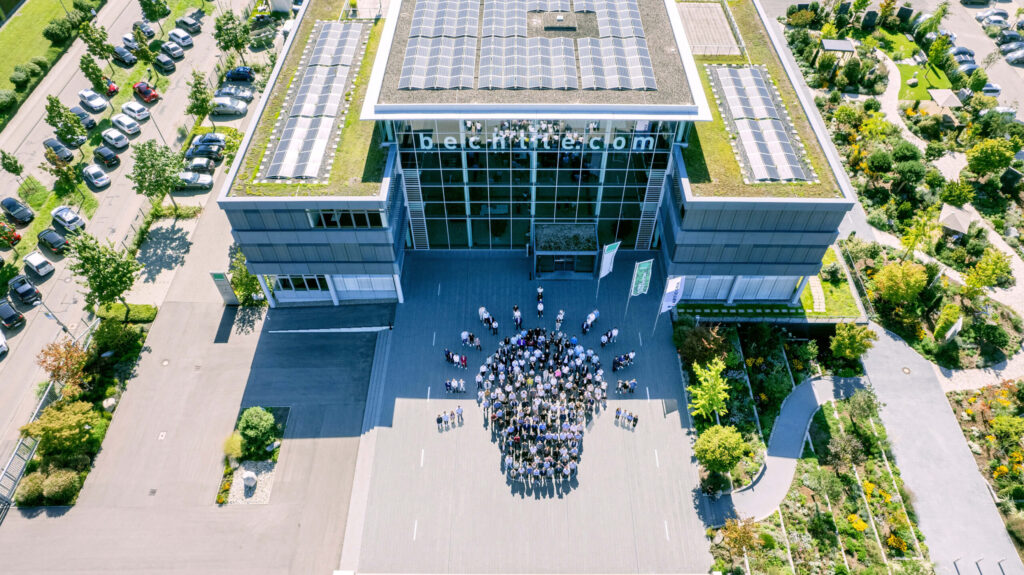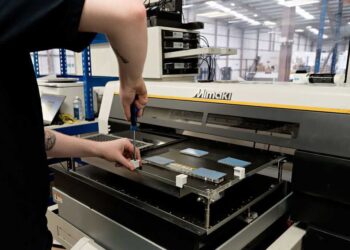Bechtle has matched Softcat and Computacenter by receiving the green light for both its near-term and long-term science-based decarbonisation targets.
Mainland Europe’s largest reseller this morning announced that it has had its 2050 net-zero targets validated by the Science Based Targets initiative (SBTi).
Its near-term targets had already been given the nod in June.
“This second validation shows that we’re not just setting ambitious targets, but also aligning them consistently with recognised scientific standards,” stated Bechtle COO Antje Leminsky.
“It sends a clear signal of our commitment to sustainable business practices across the entire value chain.”
The skinny on SBTi

UK peers Softcat and Computacenter received the green flag for their near-term and net zero decarbonisation targets in 2022 and 2023 respectively.
The LSE-listed pair’s net zero targets relate to 2040 – ten years before those of Bechtle.
The trio are among a growing roster of global VARs to sign up to the SBTi.
A joint initiative between bodies including the WWF and UN Global Compact, it aims to help organisations achieve emission reduction targets in line with the latest climate science.
Bechtle’s update comes after Omdia analyst Ben Caddy last week branded the contention that customers have stopped caring about sustainability “the biggest myth of 2025”, despite acknowledging that sustainability has suffered a “total system failure” this year.
“It’s critical to so many of your biggest customers, and partners do not have the luxury of abandoning sustainability and ESG just because the political spectrum has swung the other way,” he said.

Neckarsulm-headquartered Bechtle staged a “recovery” during its Q2, as its top line swelled 5.1% year on year to €1.93bn.
Under its net-zero targets, Bechtle – which has amassed a €290m-revenue UK business via M&A – has committed to slashing absolute greenhouse gas emissions across Scope 1 and 20 by 90% by 2050.
For Scope 3.1 (purchased goods and services) and 3.11 (sold products), the reseller aims to cut emissions by 97% per €1,000 of value creation.














